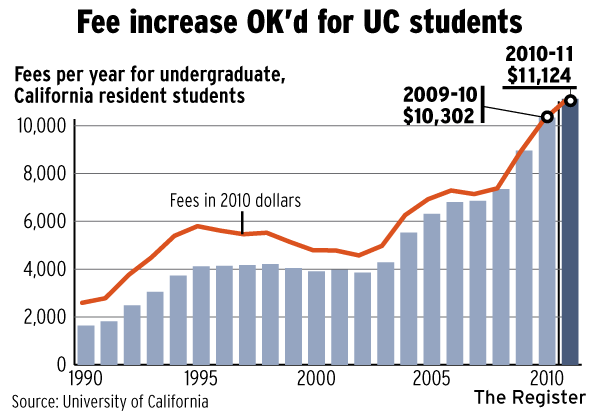Here are the paper's conclusions:
Conventional wisdom has it that oil shocks are bad for oil-importing countries. This is grounded in the experience of slumps in many advanced economies during the 1970s. It is also consistent with the large body of research on the impact of higher oil prices on the U.S. economy, although the magnitude and channels of the effect are still being debated. In this paper, we offer a global perspective on the macroeconomic impact of oil prices. In doing so, we are filling a void of research on the effects of oil prices on developing economies.If oil shocks are not so bad in aggregate, and associated with "good times for the global economy" then maybe the price of oil should be higher?
Our findings indicate that oil prices tend to be surprisingly closely associated with good times for the global economy. Indeed, we find that the United States has been somewhat of an outlier in the way that it has been negatively affected by oil price increases. Across the world, oil price shock episodes have generally not been associated with a contemporaneous decline in output but, rather, with increases in both imports and exports. There is evidence of lagged negative effects on output, particularly for OECD economies, but the magnitude has typically been small.
Controlling for global economic conditions, and thus abstracting from our finding that oil price
increases generally appear to be demand-driven, makes the impact of higher oil prices stand out more clearly. For a given level of world GDP, we do find that oil prices have a negative effect on oil-importing countries and also that cross-country differences in the magnitude of the impact depend to a large extent on the relative magnitude of oil imports. The effect is still not particularly large, however, with our estimates suggesting that a 25 percent increase in oil prices will cause a loss of real GDP in oil-importing countries of less than half of one percent, spread over 2–3 years. One likely explanation for this relatively modest impact is that part of the greater revenue accruing to oil exporters will be recycled in the form of imports or other international flows, thus contributing to keep up demand in oil-importing economies. We provide a model illustrating this effect and find supporting empirical evidence.
The finding that the negative impact of higher oil prices has generally been quite small does not mean that the effect can be ignored. Some countries have clearly been negatively affected by high oil prices. Moreover, our results do not rule out more adverse effects from a future shock that is driven largely by lower oil supply than the more demand-driven increases in oil prices that have been the norm in the last two decades. In terms of policy lessons, our findings suggest that efforts to reduce dependence on oil could help reduce the exposure to oil price shocks and hence costs associated with macroeconomic volatility.13 At the same time, given a certain level of oil imports, developing economic linkages to oil exporters could also work as a natural shock absorber.
H/T VoxEu





























